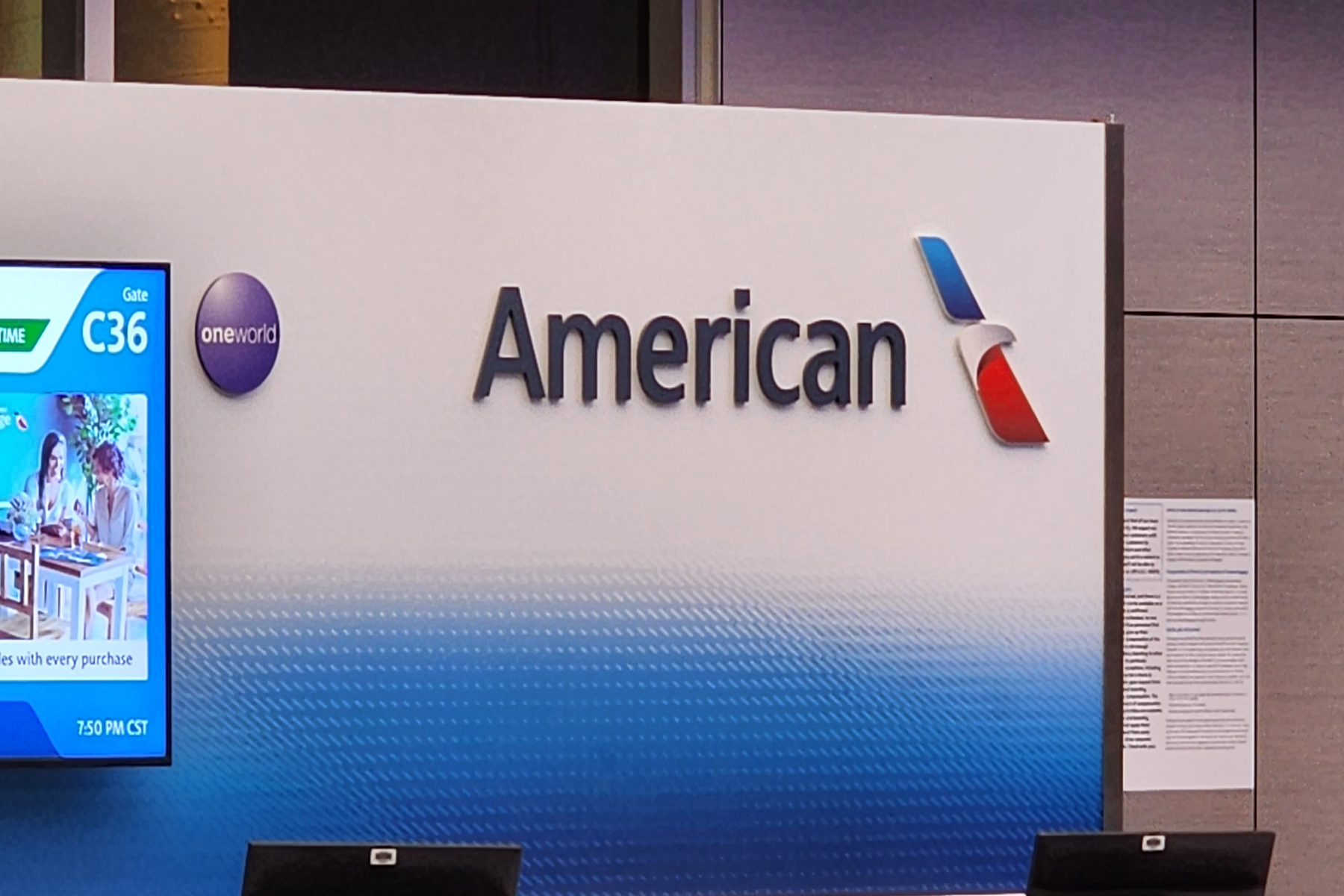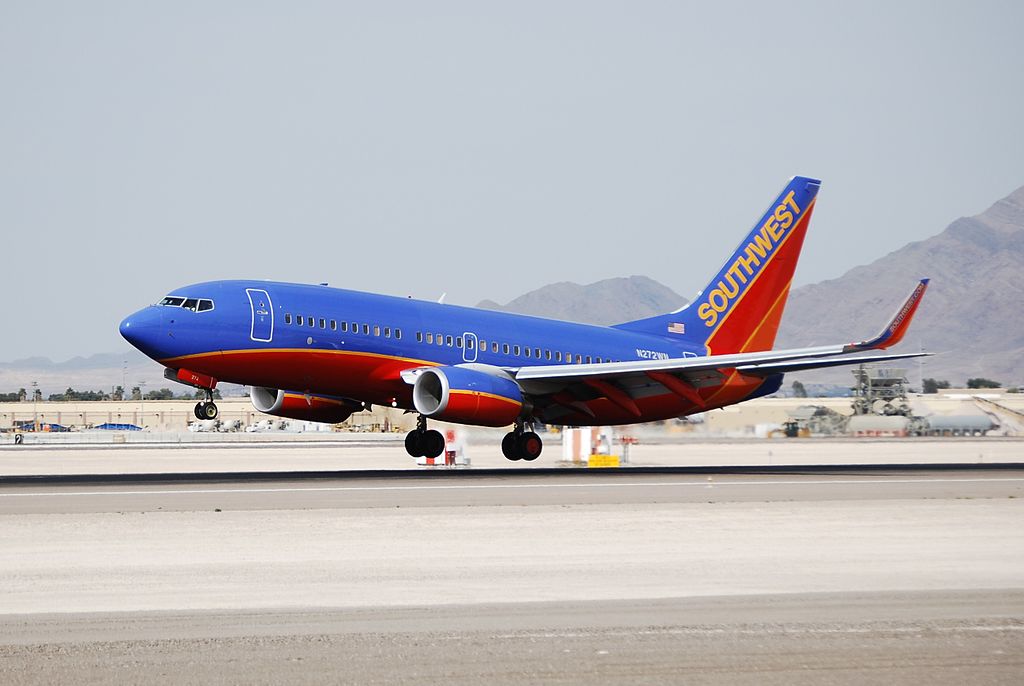String of Serious Incidents Inspired FAA’s Call for Laptop Ban in Cargo Holds

After a number of dangerous incidents, there is mounting evidence that laptop batteries are, in some circumstances, a rare, but serious threat to aviation safety.
Just a few short months after the U.S. government gave up on efforts to prohibit passengers from carrying large electronic devices into the cabins of flights originating in certain Middle Eastern nations for security reasons, the Federal Aviation Administration is now urging airlines around the globe to prohibit large lithium battery-powered devices in checked bags due to the risk of fire. The move comes more than a year after the International Civil Aviation Organization (ICAO) called on carriers to ban shipments of lithium batteries on all passenger and cargo planes.
A series of highly concerning but so-far isolated incidents involving in-flight battery fires have caused regulatory agencies across the world to reevaluate the fire risk associated with electronic devices. In June of this year, a John F. Kennedy International Airport (JFK) to San Francisco International Airport (SFO)-bound JetBlue flight was forced to make an emergency landing when a laptop battery caught fire in a carry-on bag stowed in an overhead bin. In March of last year, a sleeping passenger nearly set himself on fire when a charging e-cigarette overheated leaving the flyer with severe burns. A cell phone battery burst into flames on a Norfolk International Airport (ORF) to Hartsfield-Jackson Atlanta International Airport (ATL)-bound Delta Airlines flight, causing a few brief moments of panic in September of last year. Just over a year earlier, a similar battery fire aboard a KLM Royal Dutch Airlines flight at Thailand’s Suvarnabhumi Airport (BKK) was quickly extinguished by flight attendants.
The FAA fears that if an overheating battery were to overheat and catch fire in a passenger’s checked bag stowed in the cargo hold, the resulting fire might go unnoticed and lead to disaster. According to Wired, the agency recently put just that worst-case scenario to the test. Researchers from the FAA Fire Safety Branch forced lithium ion batteries to explode using external heaters. The tests, which placed the overheating batteries in luggage packed with typical personal items had some unsettling results. Researchers warned that a fire resulting from an overheating mobile phone or large electronic device could easily overwhelm the fire suppression systems of a typical passenger jet.
[Photo: Shutterstock]
























Personally owned, yes. But given that the vast majority of laptops are made overseas, that means limiting them to shipping by sea and land. Increased shipping time is going to screw some things up.
Your laptop is something you should carry with you at all times when traveling. This will help keep it safe and enable you to use it during layovers.